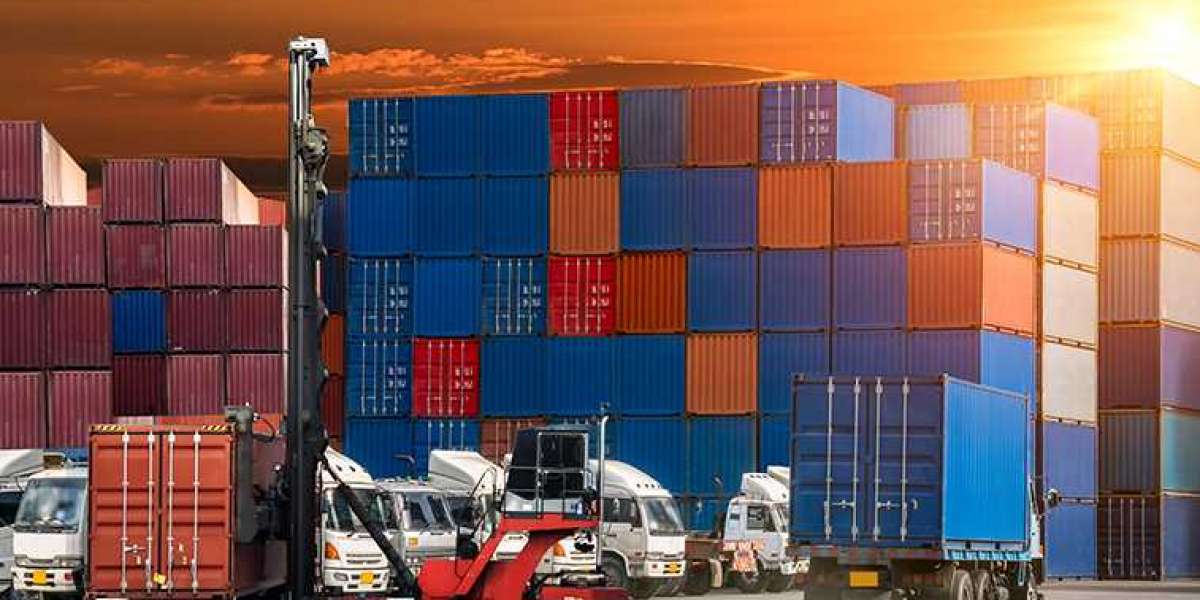Freight forwarders play a critical role in global trade, ensuring that goods move smoothly across borders and through supply chains.
However, with this responsibility comes significant risk. Freight Forwarders Liability Insurance is designed to protect businesses from financial losses due to various liabilities that may arise during transportation.
Understanding what this insurance covers—and what it doesn't—is essential for freight forwarders to safeguard their operations.
What is Freight Forwarders Liability Insurance?
Freight Forwarders Liability Insurance is a specialized policy that provides protection against legal liabilities and financial losses that may occur while handling and transporting goods on behalf of clients.
This type of insurance is crucial for mitigating risks associated with damage, loss, or delay of cargo, as well as errors and omissions in service provision.
What Does Freight Forwarders Liability Insurance Cover?
- Cargo Damage or Loss: Freight forwarders are often held responsible when cargo is damaged or lost during transit. Liability insurance covers the cost of the damaged or lost goods, providing financial relief to the forwarder and their client.
- Errors and Omissions: Mistakes happen, even with the most meticulous planning. Whether it’s incorrect documentation, routing errors, or miscommunication with carriers, this insurance covers legal defense costs and compensation for clients affected by such errors.
- Legal Costs: In the event of disputes or claims against the freight forwarder, liability insurance covers legal expenses, including attorney fees, court costs, and settlements.
- Customs Duties and Fines: Failure to comply with customs regulations can result in hefty fines and penalties. Freight Forwarders Liability Insurance covers these costs if the forwarder is found liable.
- Third-Party Liability: Freight forwarders can be held liable for damages to third-party property or bodily injury during the transportation process. Liability insurance provides coverage for such incidents.
- Financial Losses Due to Delay: Delays in shipping can result in financial losses for clients. Liability insurance covers compensation for clients if the delay is due to the freight forwarder’s negligence.
What is Not Covered by Freight Forwarders Liability Insurance?
- Intentional Misconduct: Any losses or damages resulting from fraudulent or intentional acts by the freight forwarder are not covered by liability insurance.
- Insufficient Packaging: If cargo damage occurs due to improper packaging by the shipper, the freight forwarder is not liable, and insurance will not cover such claims.
- Acts of War and Terrorism: Most policies exclude coverage for losses caused by war, terrorism, or related activities.
- Cyber Risks: Data breaches and cyber-attacks are not typically covered under standard Freight Forwarders Liability Insurance policies. Separate cyber liability insurance is required for such risks.
- General Wear and Tear: Normal wear and tear or inherent vice (natural deterioration) of the goods during transit is not covered.
- Contraband and Illegal Goods: Transporting illegal or prohibited goods voids the coverage provided by liability insurance.
Why is Freight Forwarders Liability Insurance Essential?
Freight forwarders operate in a complex and dynamic environment with numerous stakeholders, including shippers, carriers, customs authorities, and consignees.
Even a minor error can lead to significant financial losses or legal disputes. Liability insurance acts as a safety net, ensuring that freight forwarders can operate confidently without the fear of crippling liabilities.
Factors to Consider When Choosing Freight Forwarders Liability Insurance
- Policy Limits: Ensure the policy covers the value of goods typically handled.
- Geographic Coverage: Choose a policy that covers all regions where you operate.
- Exclusions: Be aware of what is not covered to avoid surprises during claims.
- Premium Costs: Balance between affordable premiums and comprehensive coverage.
- Claims Process: Opt for insurers with a smooth and efficient claims process.
Case Study: The Importance of Comprehensive Coverage
A freight forwarder in Sydney faced a legal dispute when a shipment of electronics worth $500,000 was damaged during transit.
The damage occurred due to a handling error at a port, and the client filed a claim for compensation.
Fortunately, the forwarder had Freight Forwarders Liability Insurance, which covered the legal costs and compensation, saving the business from a significant financial setback.
Conclusion
Freight Forwarders Liability Insurance is an indispensable tool for businesses involved in logistics and transportation.
Understanding what is covered and what is not helps freight forwarders manage risks effectively and avoid unexpected financial burdens.
Investing in a comprehensive insurance policy ensures that freight forwarders can focus on delivering exceptional service while being protected against unforeseen liabilities.






